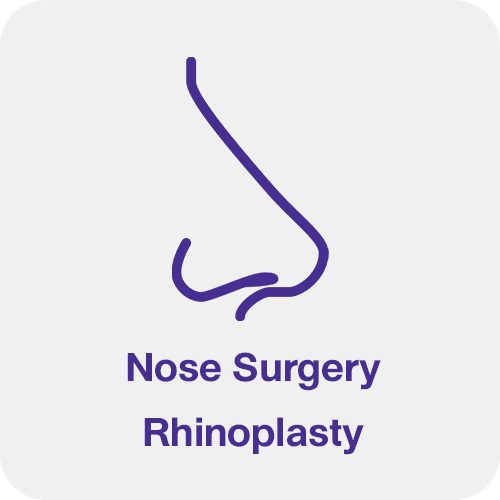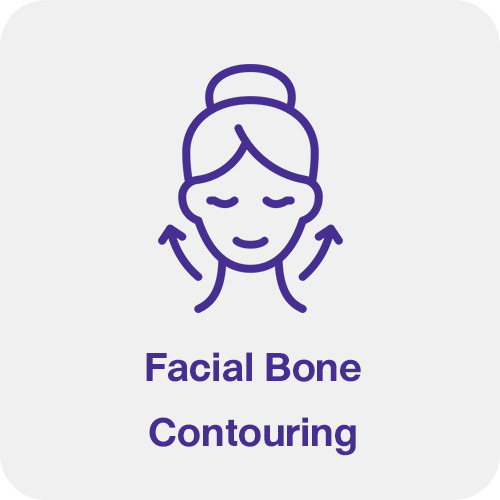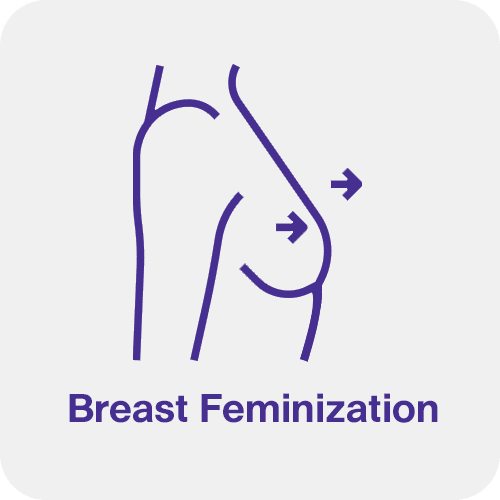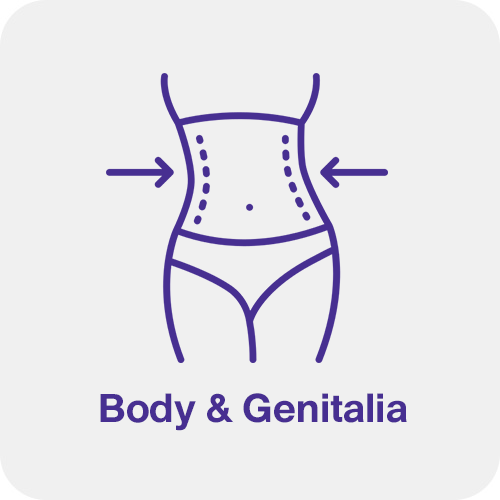Lip Surgery: Enhance and Refine Your Smile with Confidence
Lip surgery, often known as lip enhancement or lip reshaping, is a cosmetic procedure designed to improve the appearance, shape, and fullness of the lips. This versatile surgery offers solutions for those seeking fuller lips, correction of asymmetry, or reduction in lip size. With options suited for various aesthetic goals, lip surgery is increasingly popular among individuals looking to enhance their facial harmony and boost self-confidence.
What is Lip Surgery?
Lip surgery encompasses a range of cosmetic techniques that adjust the shape, size, or contour of the lips. It includes options for both lip augmentation—enhancing lip fullness—and lip reduction for those who prefer smaller, more balanced lips. Lip procedures are typically customized to each patient’s needs, ensuring a natural and harmonious result that complements their facial features.
Types of Lip Surgery
-
Lip Augmentation
- Lip Fillers: Non-surgical lip fillers, such as hyaluronic acid-based injectables, provide a quick and effective way to enhance lip volume. Fillers can be tailored to add subtle or significant fullness and typically last from 6 to 12 months.
- Fat Transfer: Also known as lipofilling, fat transfer uses the patient’s own fat, extracted from another area, to add volume to the lips. This method provides a natural feel and longer-lasting results compared to fillers.
- Lip Implants: For those seeking a more permanent solution, lip implants offer enduring fullness. Silicone or Gore-Tex implants are strategically placed to achieve a desired lip shape and size.
-
Lip Reduction Surgery
- Lip reduction is a surgical procedure aimed at reducing the size of overly large lips, creating a balanced and proportionate look. It involves the removal of excess tissue from one or both lips, and it’s ideal for individuals who feel their lips are disproportionately large.
-
Lip Lift
- A lip lift is a procedure designed to shorten the space between the upper lip and nose, creating a lifted, youthful appearance. This technique can make the lips appear fuller and enhance the overall balance of facial features.
Benefits of Lip Surgery
- Enhanced Appearance: Lip surgery can create a more symmetrical, aesthetically pleasing look, boosting self-confidence.
- Tailored Results: Each procedure is customized to meet individual goals, ensuring natural and satisfying results.
- Long-Lasting Results: Many lip procedures offer long-lasting enhancements, particularly lip implants and fat transfer, which can eliminate the need for frequent maintenance.
- Minimal Downtime: Many lip surgeries, especially those involving fillers, have minimal recovery time, allowing patients to resume their daily routines swiftly.
The Lip Surgery Process
The lip surgery process varies depending on the type of procedure, but it generally includes:
-
Consultation: A consultation with a board-certified cosmetic surgeon is essential to determine the best approach for achieving the desired look. The surgeon will assess lip structure, discuss options, and provide a customized plan.
-
Preparation: Prior to surgery, patients may need to avoid certain medications or activities to reduce risks and ensure a smooth recovery.
-
Procedure: Lip surgery is typically performed under local anesthesia, though some procedures may require general anesthesia for added comfort. The specific technique—whether filler injection, implant placement, or tissue removal—depends on the patient’s goals.
-
Recovery: Recovery time varies. Non-surgical treatments like fillers require minimal downtime, while surgical options may involve a short recovery period with mild swelling and bruising.
Recovery and Aftercare
After lip surgery, patients are advised to follow specific aftercare instructions to promote healing and ensure optimal results. Key aftercare tips include:
- Avoid Excessive Lip Movement: Limit talking, chewing, and other activities that require extensive lip movement, as this helps reduce swelling.
- Cold Compress: Applying a cold compress can help minimize swelling and discomfort.
- Stay Hydrated: Drinking water helps to reduce inflammation and promotes healing.
- Avoid Smoking and Alcohol: These can interfere with healing, so it’s best to avoid them during recovery.
Potential Risks and Considerations
As with any cosmetic procedure, lip surgery carries potential risks. It’s essential to consult with a qualified surgeon and discuss the possible side effects, including:
- Swelling and Bruising: Common but temporary effects that subside as the lips heal.
- Infection: Rare but manageable when proper aftercare is followed.
- Asymmetry: Minor adjustments may be needed to achieve perfect symmetry, especially for implants or reduction surgeries.
Who is a Good Candidate for Lip Surgery?
Ideal candidates for lip surgery include:
- Individuals Seeking Enhanced Lip Volume: Whether due to thin lips or age-related volume loss, lip augmentation provides a fuller, youthful look.
- Those Seeking Balanced Facial Features: Lip reduction or reshaping can improve facial harmony, particularly for those with large or asymmetric lips.
- Patients with Realistic Expectations: Candidates should have a clear understanding of the procedure and achievable outcomes, based on open communication with their surgeon.
Conclusion
Lip surgery offers a variety of options for individuals looking to enhance their lip appearance, from subtle augmentation to significant reshaping. By choosing a reputable, board-certified cosmetic surgeon, patients can achieve a look that complements their natural beauty and brings lasting satisfaction. With proper care and expert guidance, lip surgery can be a safe, effective way to enhance one’s smile and facial balance.









